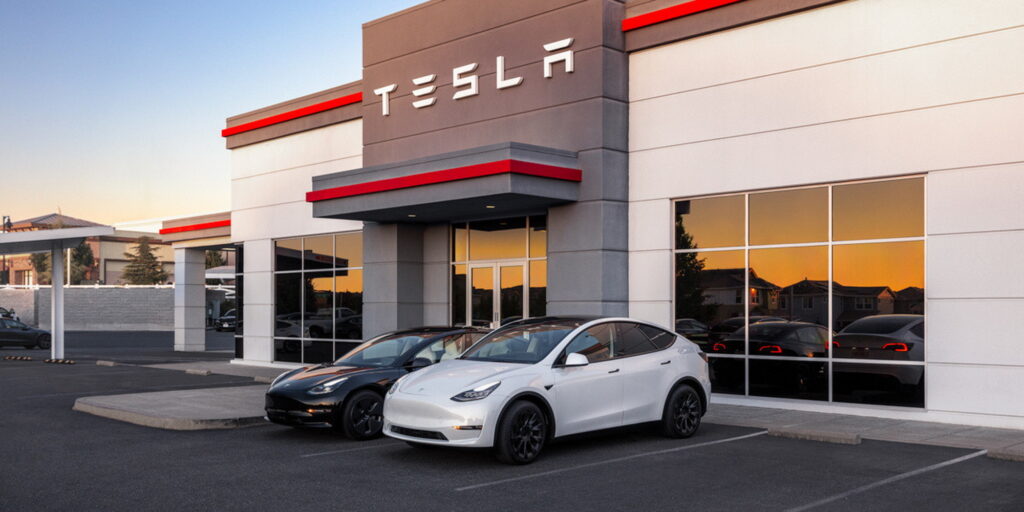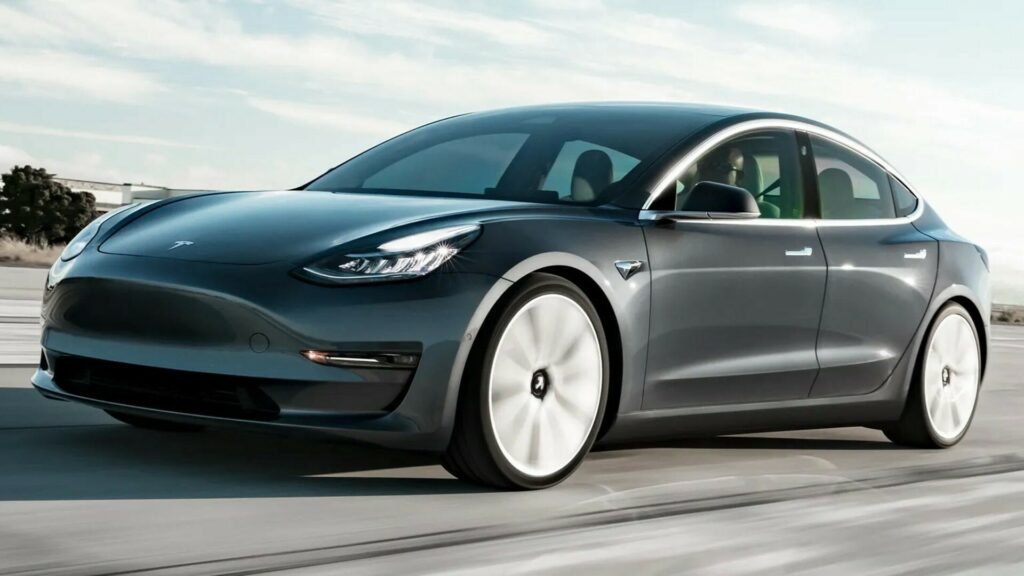Owners in California are suing Tesla after learning about a wave of complaints surrounding range-related complaints. So many customers complained about the range that Tesla allegedly set up a “Diversion Team” just to cancel service appointments. The lawsuit says that Tesla engaged in fraud, unfair competition, and even breached vehicle warranties.
We told you last week how Tesla’s Diversion Team had one goal: cancel service appointments related to range complaints. Evidently, the team fielded up to 2,000 cases a week. That news seems to have opened the eyes of some customers in California. On August 2, they filed a class action lawsuit against Tesla.
“Put simply, Tesla has a duty to deliver a product that performs as advertised,” Adam A. Edwards, an attorney at Milberg Coleman Bryson Phillips Grossman, the firm representing Tesla owners in the lawsuit, said in a statement obtained by Reuters. “Had Tesla honestly advertised its electric vehicle ranges, consumers, either would not have purchased Tesla model vehicles, or else would have paid substantially less for them.”
Read: Tesla Model 3, Y Owners Claim Their Steering Systems Are Malfunctioning

Carscoops dug into the lawsuit to find out exactly what owners are claiming. Three specific owners, James Porter, Bryan Perez, and Dro Esraeili Estepanian, are named in the suit. According to Porter, one trip that spanned 92 miles (148 km) diminished his range estimate by some 182 miles (293 km). He set up a service appointment in fear that something was wrong. A service tech called him and canceled the appointment.
According to the suit, the tech told him that the range estimate was based on having a full battery and didn’t take into account the drain that comes from variables like running the A/C, traffic, wind conditions, and more. Perez and Estepanian both have similar stories. It seems like they’re far from alone and now Tesla will face them in court.
The claims of fraud and unfair competition relate directly to what the suit calls exaggerated range claims. The warranty claims stem from the idea that without actually checking these batteries, Tesla might be missing some serious problems. Specifically, it says that “Tesla’s conduct, effectuated through the Diversion Team, violated and breached its warranties.”
A date for court has yet to be set. Who’s to blame here? Tesla for its ‘rosy’ view of range? Or do customers need to accept responsibility for diminished range based on various factors? Let us know what you think in the comments below.





